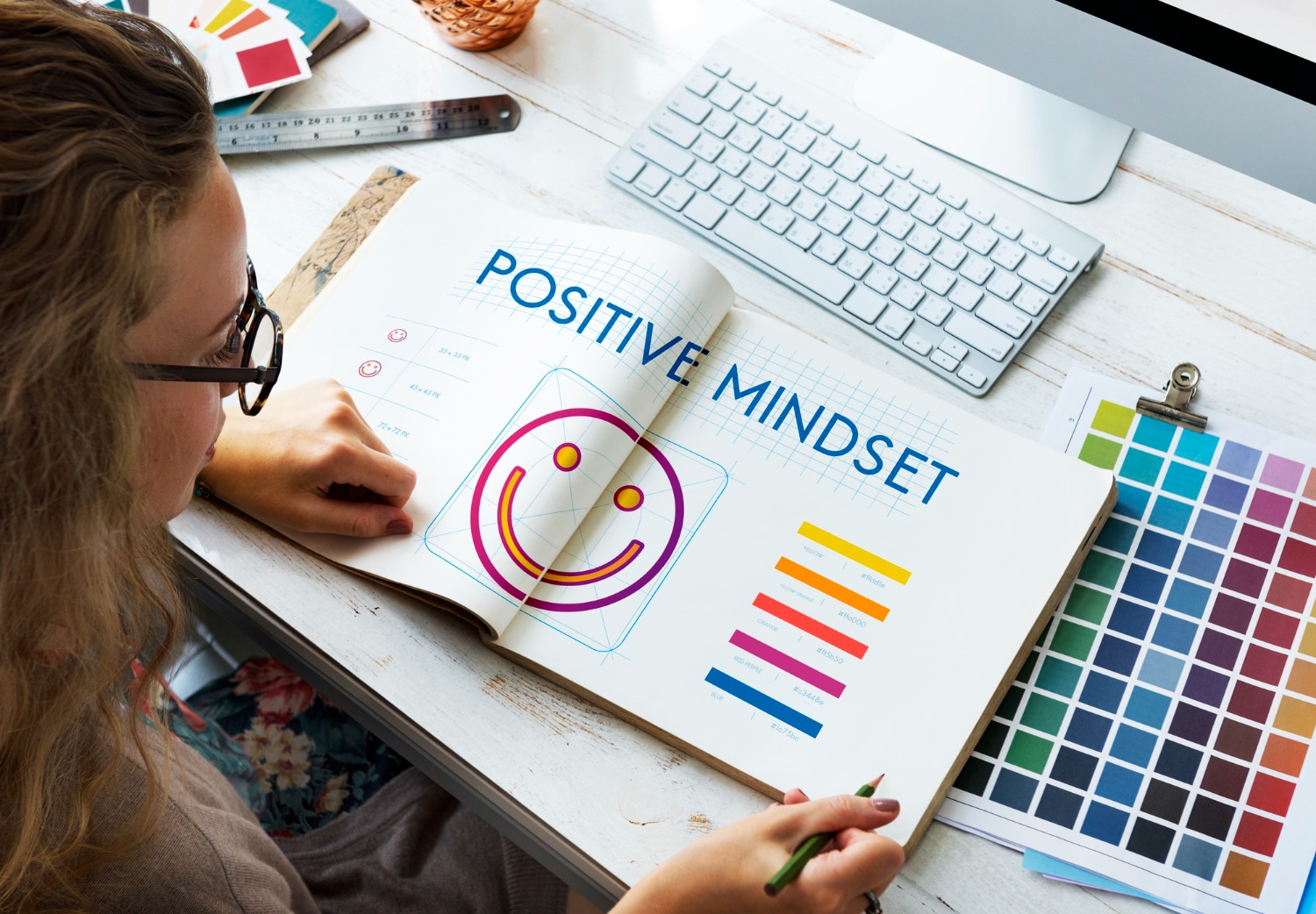4 Practical Skills You Can Learn in Online Therapy
Last Updated on February 6, 2025 by Prath

Online therapy is not as scary as one might think. Sessions are full of exercises, metaphors, emotional revelations, and role plays.
Your therapist in Australia will use experiential learning and analogies to help you discover the key skills to improving your emotional well-being.
To build these skills, you may draw on the collective thought process from a therapeutic and personal angle, along with the professional.
But before you continue reading, we want to let you in on a secret:
Learning therapeutic skills is hard mental work. But this work is what makes healing possible. And this work is what makes growth and change possible.
To this end, we want to share 4 practical skills you may learn in online therapy and how these skills can help you live and thrive in your life.
Online therapy in Australia can help you learn skills to handle issues that may arise in many and almost all areas of life.
But these issues occur only when you have a mental disorder, right? Not quite.
Unlike commonly believed, mental health therapists don’t just address disorders, but they can also help you:
So, yes, you can seek therapy to address various issues. You may also learn some core skills that can help you apply them to your daily life if you ever decide to stop or pause therapy in Australia.
Let’s explore the skills learned in therapy that will serve you throughout your life.

Many situations or experiences in life can cause someone to think lowly of themselves or engage in a painful cycle of negative self-talk.
For example, being a perfectionist is an increasingly particular issue that many young adults face. The reason for this is likely due to how easy it is to compare ourselves to others through immediate access to modern technologies like social media.
The more you compare, the harder you are on yourself -> resulting in a lack of self-compassion.
During online therapy, you may learn that although you are not perfect, you are truly worthy and needed just for who you are at this moment.
This skill is so essential that just a few minutes of self-compassion can produce real change, especially when you feel low or insecure.
Moreover, your online therapist will equip you with tools like writing a compassionate letter to yourself or catching your critical self.
Cognitive behavioural and emotionally focused therapy are commonly used approaches to helping you build compassion.
“Self-compassion is a practice of goodwill, not good feelings… With self-compassion we mindfully accept that the moment is painful, and embrace ourselves with kindness and care in response, remembering that imperfection is part of the shared human experience.”
(Neff, 2019)
Self-awareness is a skill you may learn during online therapy to:
Self-awareness is such a powerful tool that, when learned during therapy in Australia, can result in impactful change.
While your friends may give you several tips and advice on how to break a habit, they wouldn’t know why you rely on them in the first place.
However, an online therapist may use scientific tools to explore your core values and assess your self-esteem to bring awareness to:
Conflict is a normal aspect of any healthy relationship – be it romantic or platonic.
After all, we can’t always agree with our partner or friend on everything. But sometimes, these arguments can get out of hand.
The idea is not to avoid conflicts altogether but to learn how to solve them healthily.
By talking to a therapist in online therapy, you may learn conflict resolution skills to:
During online therapy in Australia, the mental health therapist may use two core techniques to teach you this skill.

Your therapist will help you learn to relieve stress during a heated moment, which will become the key to having a balanced and focused conversation.
With this skill, you may learn how to:
Gaining emotional awareness can help you understand yourself and others better.
For example, if you don’t know that you are disappointed that your partner didn’t inform you about their work trip, you will not know how to communicate with them.
Instead, you may express anger and use phrases like, “Why did you do that?” or “Do you not care about me?”
Through effective online therapy, however, you can:
Having and maintaining emotions make us healthy humans.
Emotions connect us with other people, drive us to take action in our lives, and protect us from danger.
However, for many people, identifying these emotions is difficult, let alone trying to regulate them. This is especially true for people who may have childhood trauma or any persistent or chronic stress.
The good news is that you can learn tools during therapy services to improve your emotional regulation.
Your therapist may use techniques such as cognitive reappraisal (ie changing how you think/feel) or dialectical behavioural therapy.
Through professional support, you can:
Therapy in Australia can teach you essential tools to improve your mental and emotional wellness.
The 4 primary skills you may learn during sessions include self-compassion, self-awareness, conflict resolution, and emotional regulation.
Whether you’re struggling with issues in your relationship or work, therapeutic exercises can help you manage your emotions more effectively.
TYHO Therapists are well-qualified to equip you with the core life skills mentioned in the article. If you’re ready to get started, find a therapist who best understands you!
